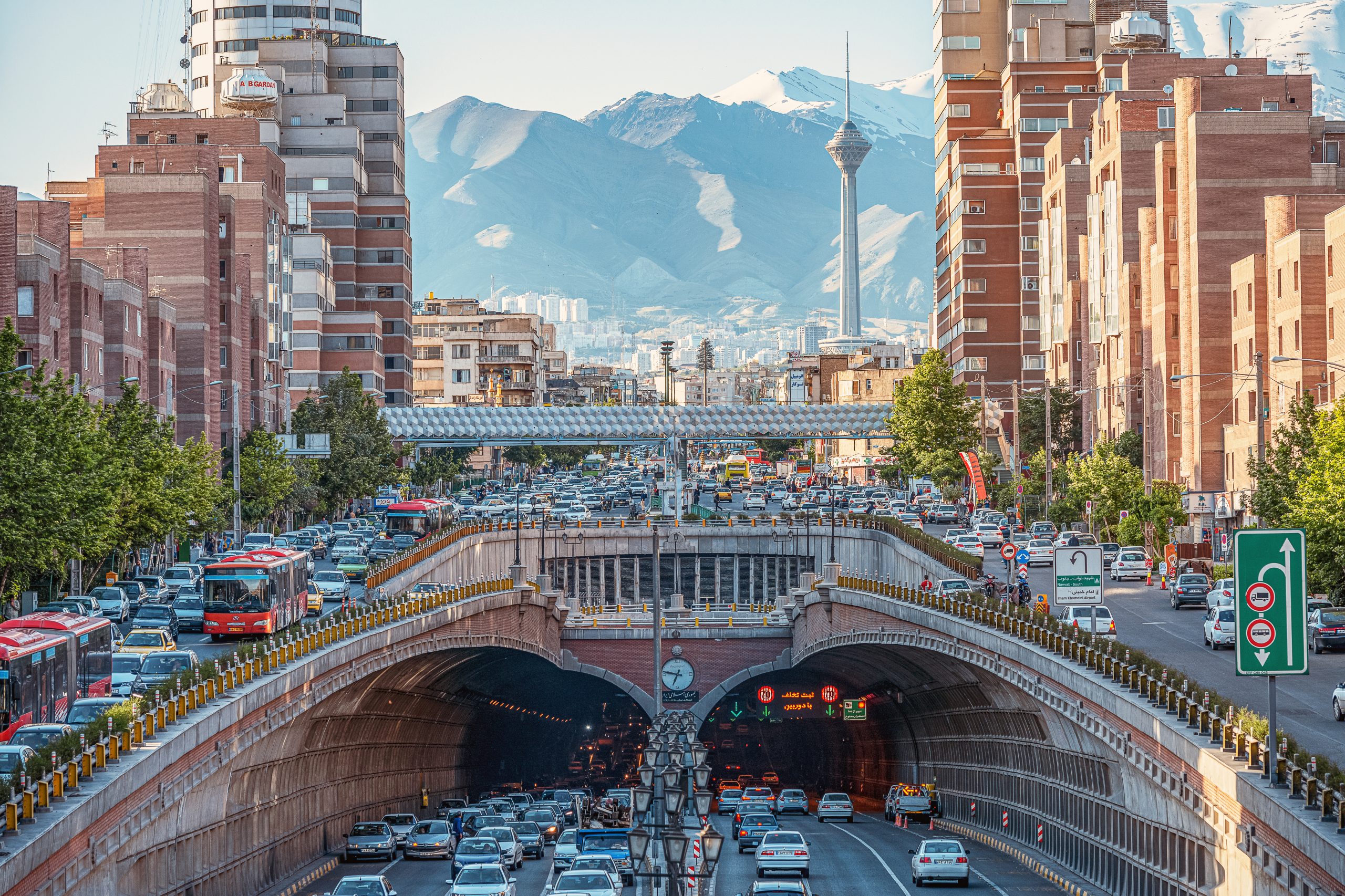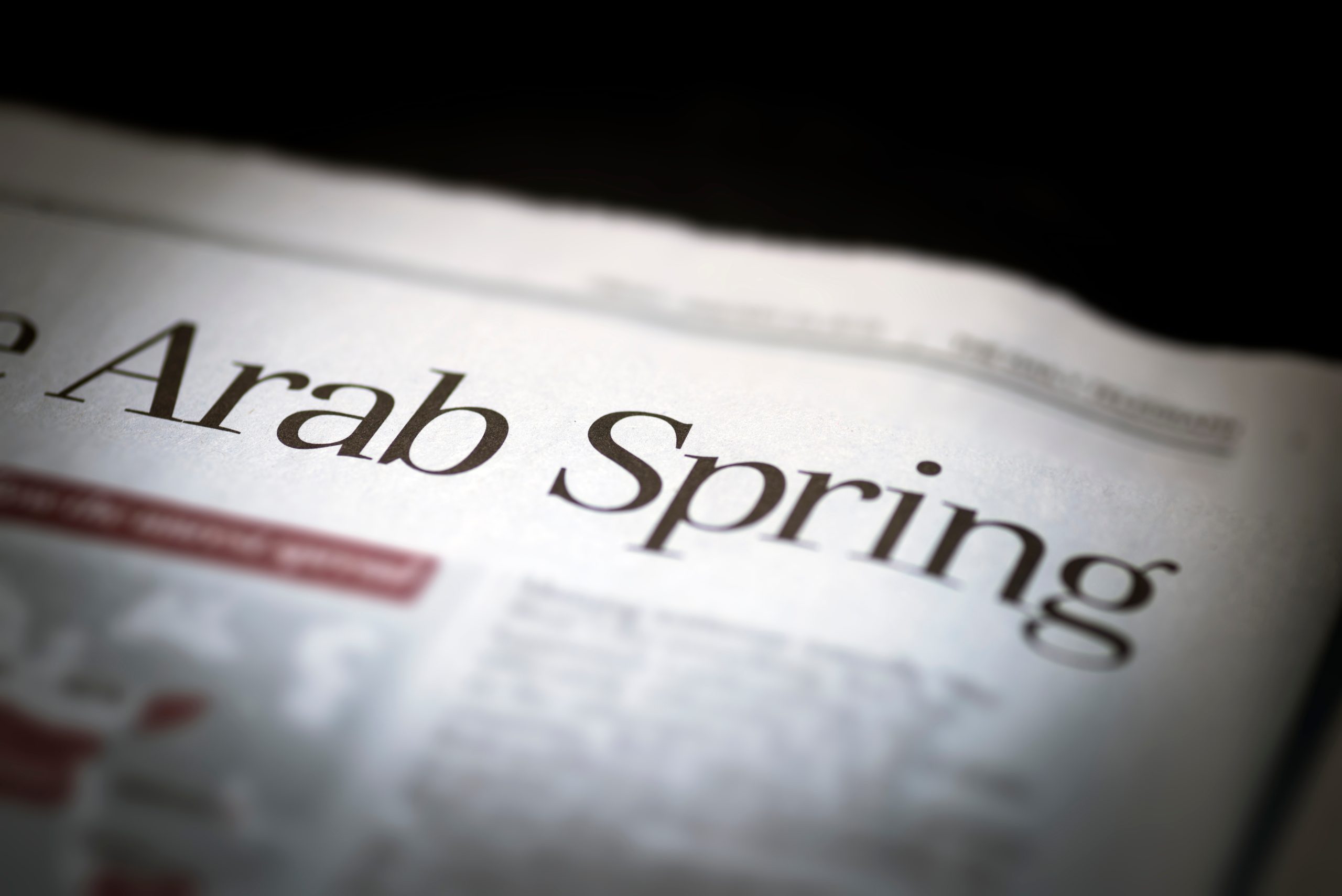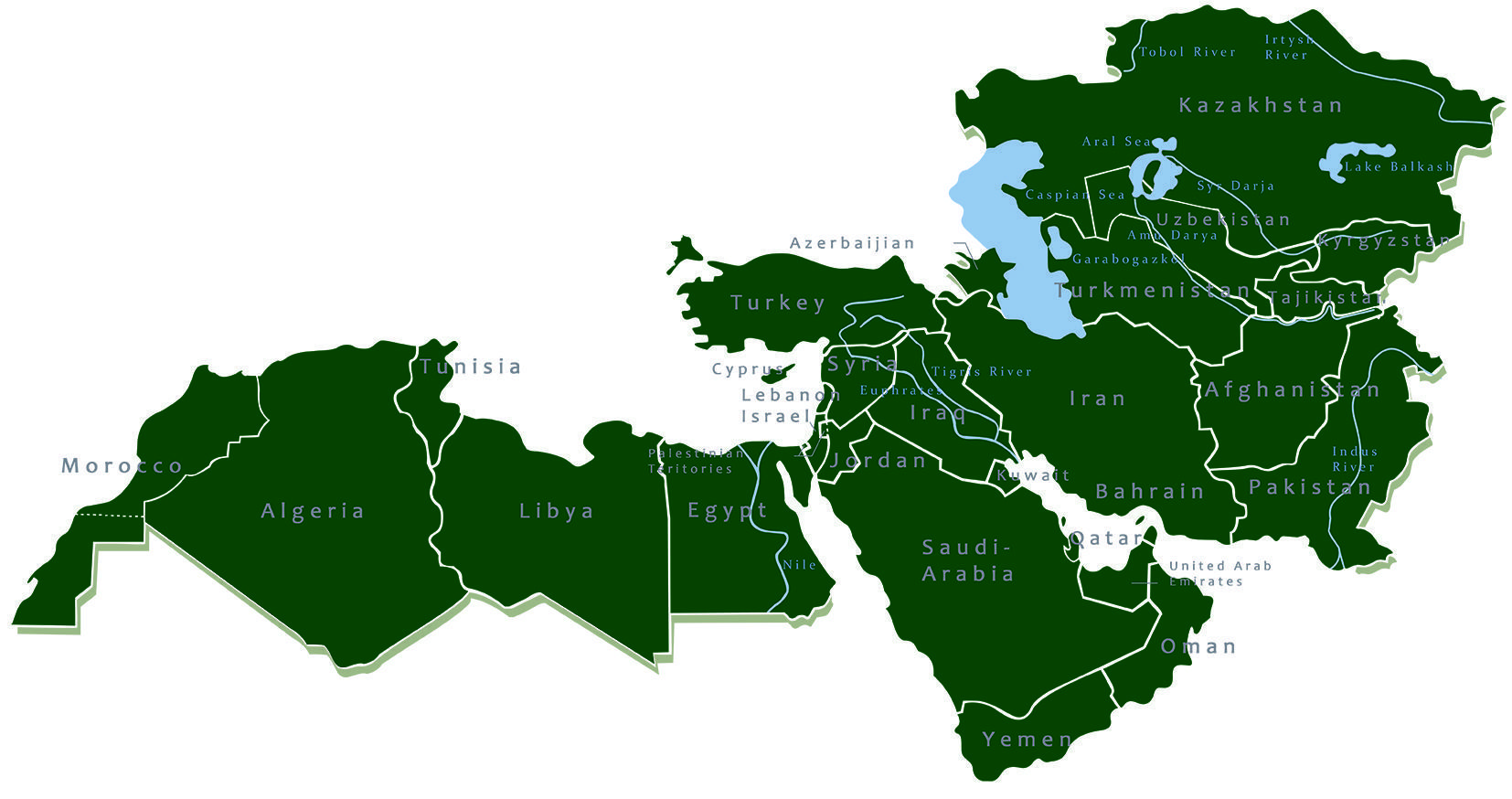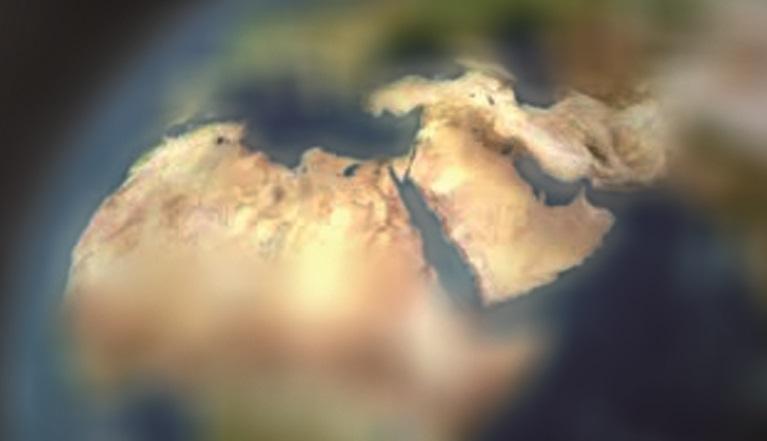ORIENT I 2014: Turkey
Purchase the full Issue here:
26,00 € incl. VAT plus Shipping CostsSelect options This product has multiple variants. The options may be chosen on the product page
Access Issue with Subscription:
You require a subscription with archive access to read this issue online.
Editorial
Dear ORIENT readers,
Since the summer of 2013, Turkey’s government under Prime Minister Tayyip Recep Erdogan has been confronted with contineous wave of demonstrations, protests and critics against the increasingly hard-line politics of the government. Erdogan’s political party, the Justice and Development Party (AKP), often described as a role model for democratic Islamic parties since the beginning of the upheavals in the Arab World, has refused any dialogue and reacted with repression against the demonstrators. Turkish opposition groups have shown their determination to challenge Erdogan’s political strategy, perceived as an authoritarian rule which continues to reject any criticism. On the other hand, Turkey implemented a new “democratization package” in September 2013, which aims to provide the Kurdish minority with more rights and seeks to reform the electoral system. Although this reform package also met critical voices, Turkey under the AKP government has become one of the strongest players within the region. Therefore, the new issue of ORIENT focuses on the dynamic developments and challenges Turkey is facing.
In the first contribution, Professor Hamit Bozarslan analyses the Kurdish issue in Turkey since 2010 and the political reforms Erdogan’s government has implemented since then. However, the crisis in neighbouring Syria and the domestic ‘Gezi protests’ could potentially cause a stalemate insolving the Kurdish issue, Bozarslan argued. Dr. Yasar Aydin’s contribution focuses on Turkish protest culture, emphasizing the heterogeneity of the Gezi demonstrators. Subsequently, Dr. Güneş Murat Tezcür analyses the democratization process in Turkey since 2010 and focuses on three important factors: (1) the EU accession process, (2) the rivalry between the elected government against bureaucratic forces led by the military and (3) popular mobilization by historically marginalized groups. PD Dr. habil. Gülistan Gürbey’s contribution deals with Erdogan’s democratization package, while Dr. Tim Jacoby’s article helps to understand the complicated Ergenekon Inquiry. Professor Umut Özkırımlı focuses on the Kurdish issue in Turkey, which is also an important topic when the EU bid of Turkey comes into play, as Dr. Kubilay Yado Arin argues. While Dr. Carter Vaughn Findley’s contribution reflects different aspects of Turkish modern history from a universal angle, Ludwig Schulz and Benedikt van den Woldenberg analyse the foreign policy of Turkey with a special focus on Syria. Finally, Dietmar Nietan, Member of the German Parliament, expresses his hopes concerning the opportunities for a closer EUTurkey relationship.
We wish you a prosperous and peaceful New Year.
Sincerely yours,
Dr. Gunter Mulack
Director of the German Orient-Institute





